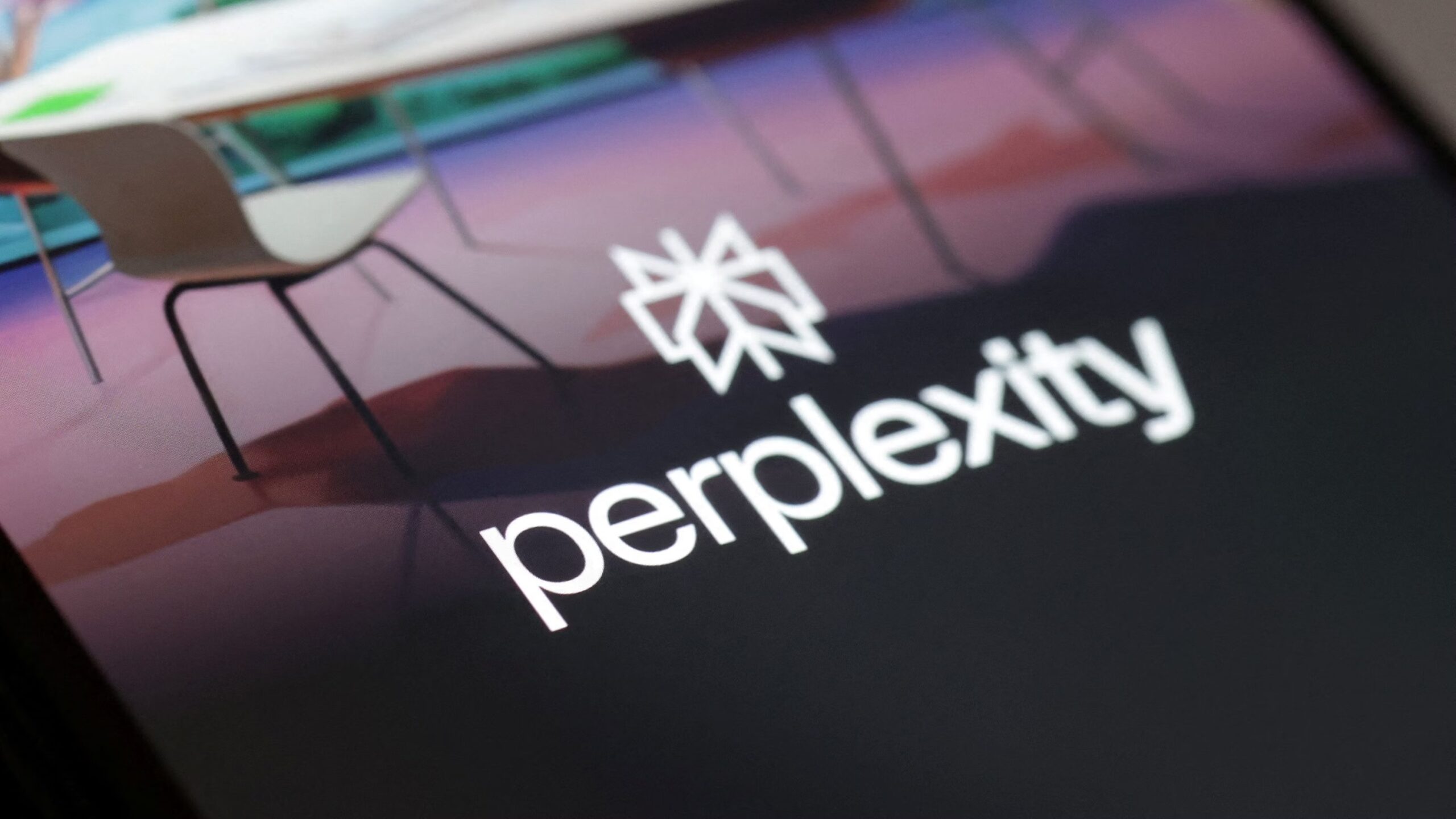Microsoft has unveiled an AI-powered feature for Teams called Interpreter, which enables real-time voice cloning and translation.
Announced at the 2024 Microsoft Ignite conference, this new tool allows users to create digital replicas of their voices for speaking and translating in up to nine languages, including English, French, German, and Spanish. The feature will launch in early 2025 and will be exclusive to Microsoft 365 subscribers.
The Interpreter tool aims to make virtual meetings more personal by allowing participants to sound like themselves, even when communicating in a different language. “Imagine being able to sound just like you in a different language,” said Microsoft CMO Jared Spataro in a blog post. “Interpreter in Teams provides real-time speech-to-speech translation during meetings, and you can opt to have it simulate your speaking voice for a more engaging experience.” Microsoft has also clarified that the tool doesn’t store biometric data or add sentiments beyond the natural tone of the voice.
Balancing Innovation with Security Concerns
While the tool has potential benefits for accessibility and inclusivity, it also raises questions about security and ethical implications. AI voice cloning has been linked to deepfake scams, where convincing impersonations of individuals have been used for fraudulent activities, including one recent case that cost a company $25 million. Addressing such concerns, Microsoft emphasized that the tool requires explicit consent before activating voice simulation.
This feature builds on a growing trend in AI-powered voice technology. Competitors like Meta and ElevenLabs have developed similar tools for translation and multilingual speech generation. However, AI translators often struggle with cultural nuances and idiomatic expressions, making them less effective than human interpreters in some contexts. Despite these limitations, the market for natural language processing technologies is projected to reach $35.1 billion by 2026, driven by cost savings and expanding applications, according to Markets and Markets.
Microsoft’s move into voice cloning follows previous efforts, such as its Personal Voice feature introduced last year. However, the company remains cautious about potential misuse, with CEO Satya Nadella advocating for stronger regulations around AI technologies.
Interpreter in Teams could transform communication for remote workers and businesses by bridging language barriers, though questions remain about its safeguards and ethical boundaries. With further details expected in the coming months, Microsoft is poised to lead in this rapidly evolving field.











